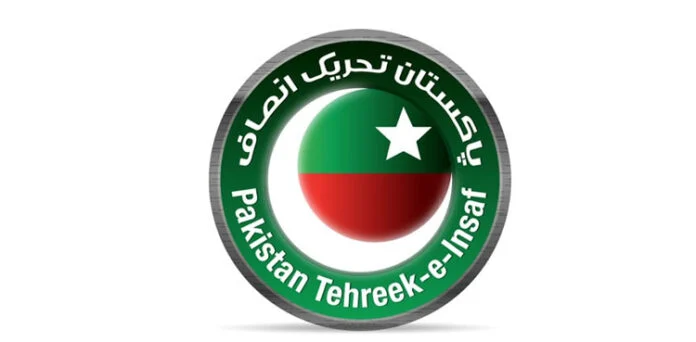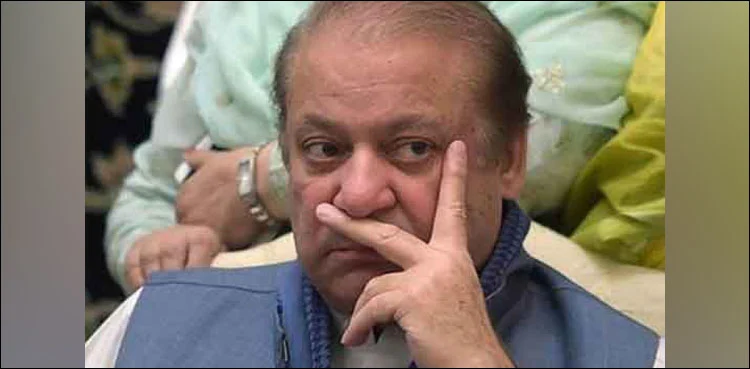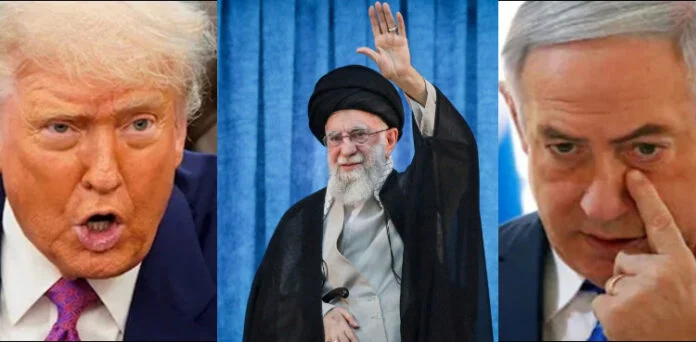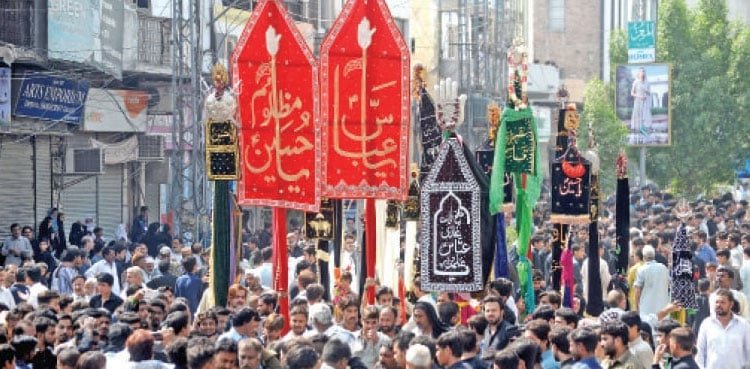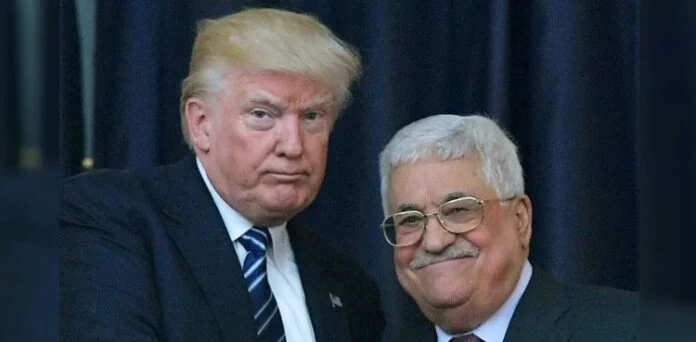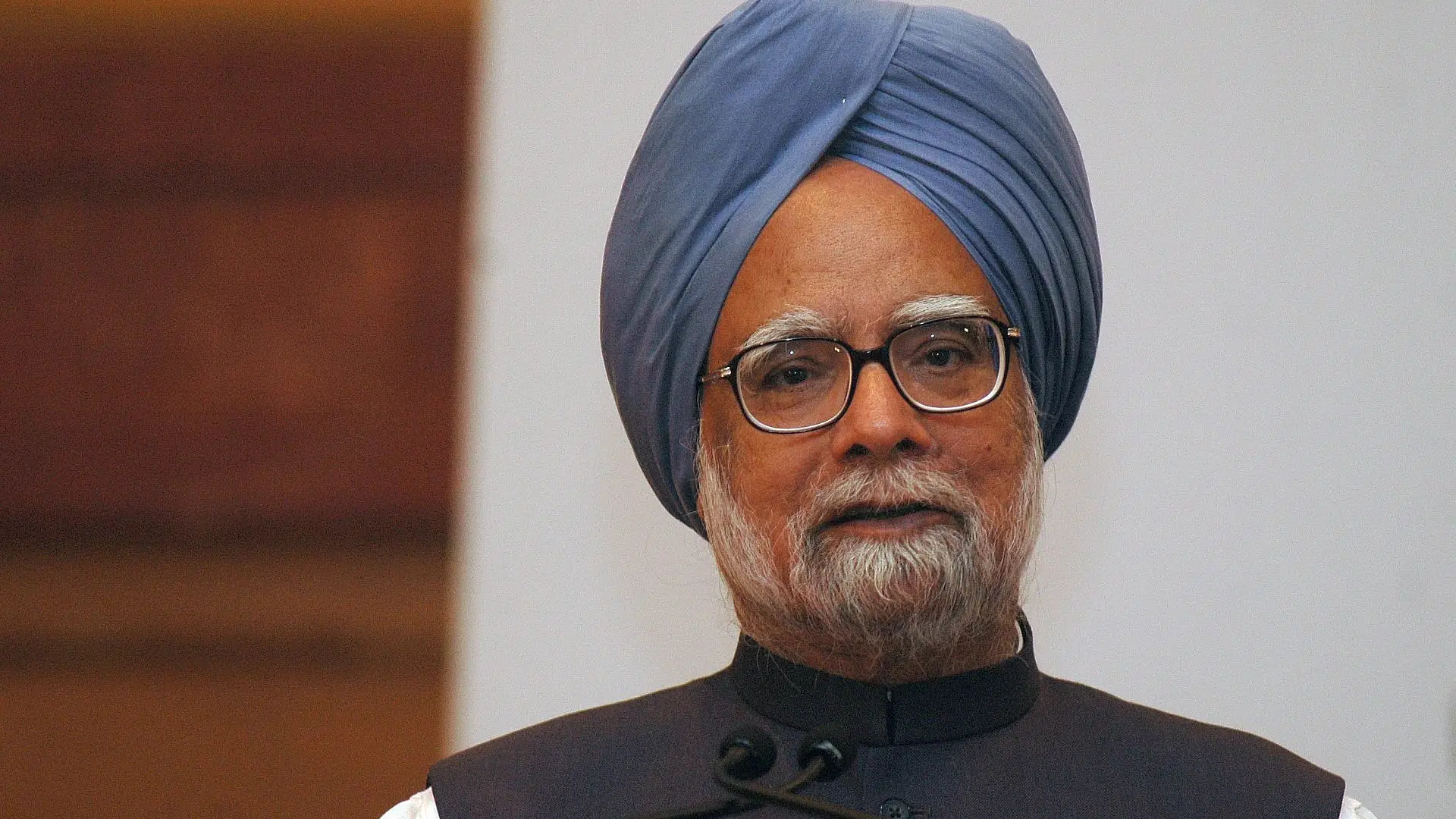
New Delhi: Former Prime Minister Manmohan Singh Dies at 92
Manmohan Singh, the former Prime Minister of India who played a key role in transforming the country’s economy, passed away at the age of 92 on Thursday. Singh, who served two terms as Prime Minister and was pivotal in liberalizing India’s economy, had been ailing and was receiving treatment at the All India Institute of Medical Sciences in New Delhi.
An economist by training, Singh also held the position of Governor of the Reserve Bank of India before entering politics. Despite his quiet and reserved nature, he was regarded as one of India’s most successful leaders. In his first budget speech, he famously quoted Victor Hugo: “No power on earth can stop an idea whose time has come,” before adding, “The emergence of India as a major economic power in the world happens to be one such idea.”
Singh’s unexpected rise to the position of Prime Minister in 2004 was a significant moment in Indian politics. Although Sonia Gandhi, the leader of the Congress party, had led the party to victory, she refrained from taking on the role of Prime Minister due to concerns over her Italian heritage, fearing it could be used against her by political opponents. Instead, she recommended Singh, who became the country’s first Sikh Prime Minister.
Singh is widely credited with driving India’s economic growth, lifting millions out of poverty, and guiding the country through a period of remarkable transformation. His leadership was instrumental in the country’s economic success, and he served a rare second term in office.
In his final days, Singh was treated for age-related health issues and passed away after losing consciousness. Prime Minister Narendra Modi expressed deep condolences, calling Singh “one of India’s most distinguished leaders,” and praised his significant contributions to the nation’s progress.
Born into a humble family in what is now Pakistan, Singh had to study by candlelight to pursue his dreams. His academic journey took him to Cambridge University and later Oxford, where he earned a doctorate with a thesis on the role of exports and free trade in India’s economy.
Before entering politics, Singh was a respected economist, serving as the Governor of the Reserve Bank of India and as a government advisor. His political career began unexpectedly when he was appointed as India’s Finance Minister in 1991, a time when the country faced a severe balance of payments crisis. Singh’s economic reforms, which included deregulation and measures that opened India’s economy to the world, are credited with saving the country from an impending economic collapse and setting the stage for its rapid growth.






